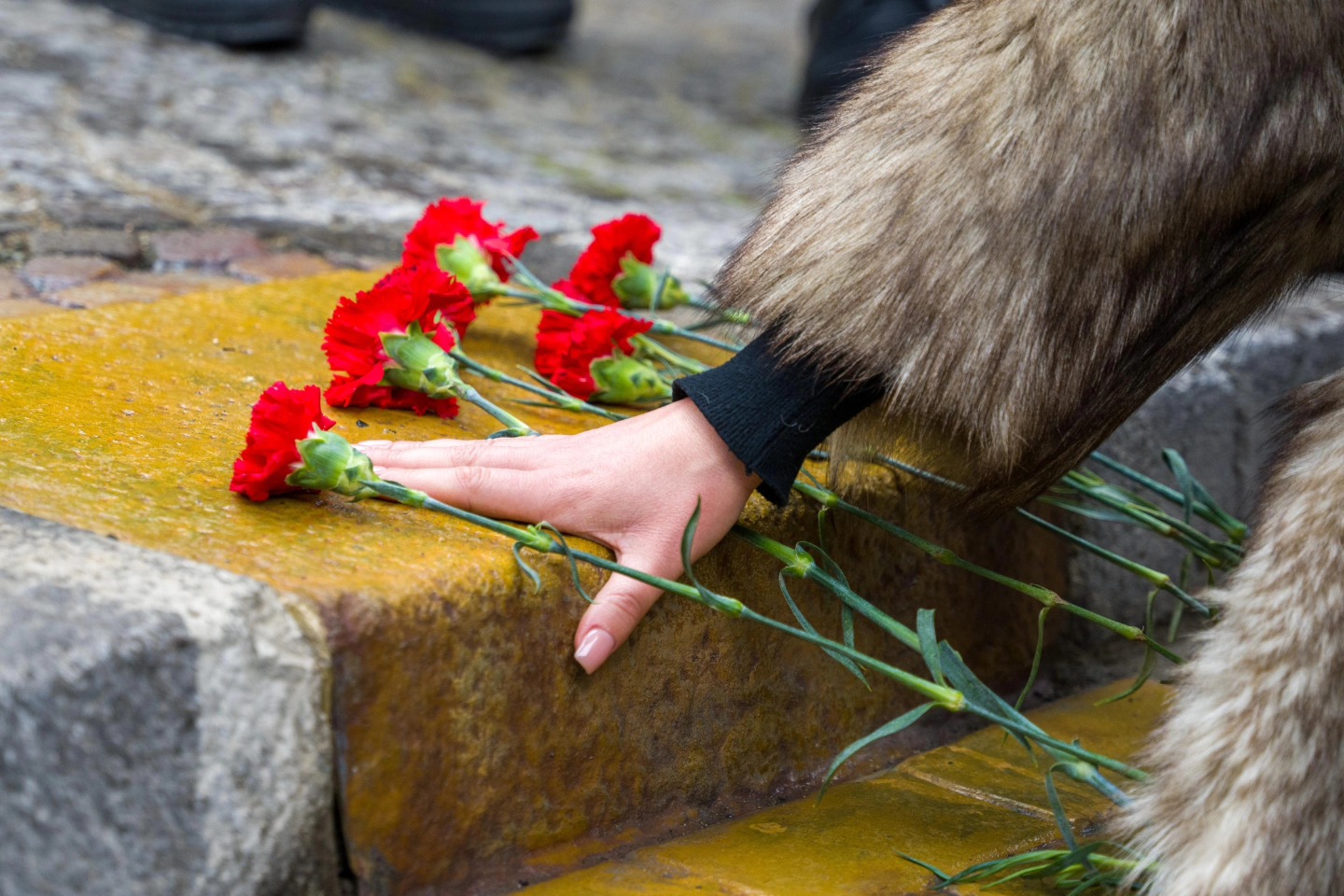14th anniversary of January 21: families and officials commemorate victims as justice remains elusive

Family members and Socialist government officials gathered to honor the four protesters killed by the Guard of the Republic during the anti-government protest on January 21, 2011. Prime Minister Edi Rama reiterated his call for justice, asserting that these killings, which took place during the Berisha-Meta government, were state-ordered murders allegedly commanded by former Prime Minister Sali Berisha and his then-Interior Minister Lulzim Basha.
Why is this important: January 21 is one of the most tragic and shocking crimes in Albania’s post-communist transition. It is also one of the best documented. The killing of at least one of the protestors who was not engaged in any action at the time he was shot but was simply standing with his hands in his pockets, was filmed and transmitted to all television screens shocking Albanians. Just as public were Berisha’s frantic attempts first to shift blame to the opposition for having shot its own people, and later, following the transmission of the videos, to prevent a proper investigation by obstructing the prosecution and threatening both the Attorney General and the then opposition. And yet investigations into these events have not progressed even though investigations were reopened by SPAK in July 2022 following a High Court directive. They were first stalled by the Tirana Prosecutor’s Office and now by SPAK. The lack of resolution in this case has raised questions about the effectiveness of Albania’s justice reforms and the ability to hold those in power accountable.
Context: Responding to criticism on social media that he has done little to uncover the truth behind January 21, Prime Minister Rama emphasized that justice is the responsibility of the judicial system, not the government or his party.
“Driven by the desire for justice, people forget that we live in a system where justice is not delivered by the Prime Minister, the government, or the ruling party. Any criticism directed at me or us regarding the lack of justice for January 21 is simply misplaced,” Rama stated.
He also reminded judicial authorities that, while the children of the victims are now parents themselves, justice remains delayed. Rama highlighted the Socialist Party-led justice reform, aimed at ensuring an independent judiciary that delivers equal justice for all.
“We haven’t stood idly by. We’ve waged a historic, epochal battle for justice to free it from political interference and create conditions for it to serve everyone equally,” Rama said. He stressed that without the Socialist Party and its leadership, justice reform, SPAK, and the visible changes in the justice system would not have been possible.
However, Rama also warned that the prolonged delay in prosecuting those responsible tarnishes the reform itself:
“Every year that passes without justice for January 21 adds shame to those responsible and stains the justice reform itself. It humiliates not only the families of the January 21 martyrs but also a nation that demands and deserves justice for this tragedy.”
Berisha’s reaction: Former Prime Minister Sali Berisha expressed regret for the victims and claimed to support any investigation. However, repeating a line he has maintained since the first hours after the killings became public, he maintained that the blame lies with Prime Minister Edi Rama, whom he accused of organizing the violent protest for political gain. Berisha also argued that prosecutors under Rama’s influence have stalled the investigation for years.
How are investigations progressing: SPAK’s reopened investigation is focused on three criminal offenses: murder under qualifying circumstances, abuse of office, and actions obstructing the truth. These crimes are suspected to have been committed by high-ranking officials.
The family of Aleks Nika, one of the victims, has filed a criminal complaint alleging that senior government officials and members of the Guard of the Republic bear responsibility. They have submitted an audio recording, allegedly capturing communication between Guard officers during the protest in which a person that is thought to be the commander of the Guard at the time is heard barking orders for guardsmen to “shot to kill.”
SPAK’s forensic lab is tasked with verifying the recording’s authenticity and identifying the voices of those involved in the 36-minute conversation, which reportedly corresponds to the moments when live rounds were fired at protesters.
Since reopening the case, SPAK has requested all evidence and investigative files accumulated over the years and has begun taking statements from individuals with knowledge of the events. Among those questioned are former General Police Director Hysni Burgaj and former Deputy Director Agron Kulicaj. Both have told the media that they acted within the law and that, despite facing violence, police officers refrained from retaliating during the protest.


